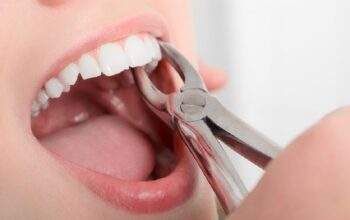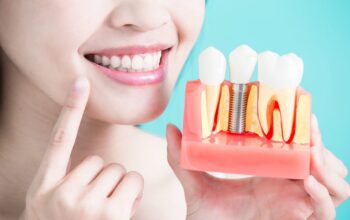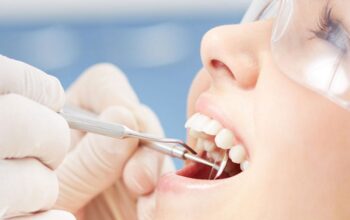Our daily oral hygiene routines generate tons of plastic waste, harming oceans and landfills. Toothbrushes, floss containers, mouthwash bottles, and toothpaste tubes rely heavily on unrecyclable plastic components. But people now aim to reduce waste for personal and environmental health through sustainable swaps.
Luckily, effective zero-waste alternatives exist for all conventional dental products. Making a few simple changes slashes plastic pollution caused by routine tooth and gum care. Here’s how to ditch those wasteful habits from your oral care routine.
Rethink Your Toothbrush
Standard plastic toothbrushes pose problems during production, use, and disposal. Cheap handles come from environmentally taxing oil drilling. Bristles often shed microplastics into waterways. Then entire heads get tossed after a few months to sit in landfills for centuries.
But sustainable options can scrub pearly whites with less waste. Bamboo makes the best plastic-free handle, and boar hair works for bristles. Or try brush models with replaceable heads to simply swap out worn bristles when needed.
Any switch reducing single-use plastics causes massive change scaled across millions of daily brushers. Beyond materials, consider supporting brands that avoid excess packaging and shipping materials in all products.
Ditch Plastic Floss Containers
While some nylon may always exist in floss for strength, plastic casing proves replaceable. Cardboard options keep strings wrapped and tidy minus unnecessary waste. Or even better, choose refillable glass floss dispensers, fillable with any bulk dental string bought package-free.
When flossing on the go, biodegradable handle picks make sustainable sense. Look for plant-based options for full compostability. With a little forethought, it becomes easy to floss waste-free.
Skip Bottled Mouthwashes
Commercial mouthwashes come packed in single-use non-recyclable plastic bottles. But convenient swigs of minty freshness need not pollute the planet.
Eco-friendly replacements come in small pre-measured mouthwash tablets to be dissolved in water, creating hydrating oral rinses without waste. Or use mouthwash powders or oils with washable glass bottles instead of constantly repurchasing disposable plastic ones. Both tablet and dry oil options work with reusable containers or travel tins, avoiding waste completely through zero-waste products designed for circular usage.
Toss the Toothpaste Tubes
Like floss and mouthwash, toothpaste travels encased in plastic wrapping, tubes, boxes and pumps, completely unrecyclable and not degradable. But paste alternatives curtail these issues through smarter dry formats and packaging.
Toothpowder uses baking soda, clay, mint, and other elements in place of glycerin-based gels. Choosing powder in glass over plastic pots prevents waste. Pastes compressed into small bite-sized tablets or bars similarly skip all tubes and boxes, activating into tooth cleaner as you brush. According to the good folk at Ecofam, both options cater to zero-waste oral care.
Consider Water Conservation
While focusing on plastic waste reduction, don’t overlook water usage during oral care routines. Leaving taps running while brushing wastes gallons of clean water daily. Instead, wet the brush initially, then turn off the tap while brushing. Use a cup for rinsing rather than running water. These simple habits preserve precious water resources while maintaining proper dental hygiene. Some eco-conscious brands even create waterless toothpaste options that work effectively without requiring additional water, further reducing environmental impact during daily brushing.
Conclusion
Rethinking daily oral care rituals even slightly curbs plastic waste and chemical runoff caused by popular name brand suppliers. Every sustainable swap cuts back on personal contributions to the crisis. Shared across communities, eco-conscious changes quickly compound for local and global benefits over time.
Accept products working a little differently and lean into new motions that protect teeth, gums, and the environment simultaneously. Remember that perfect becomes the enemy of good; make manageable improvements without waiting for flawless solutions. The planet appreciates each step supporting a healthier habitat free of lingering litter and toxins.




